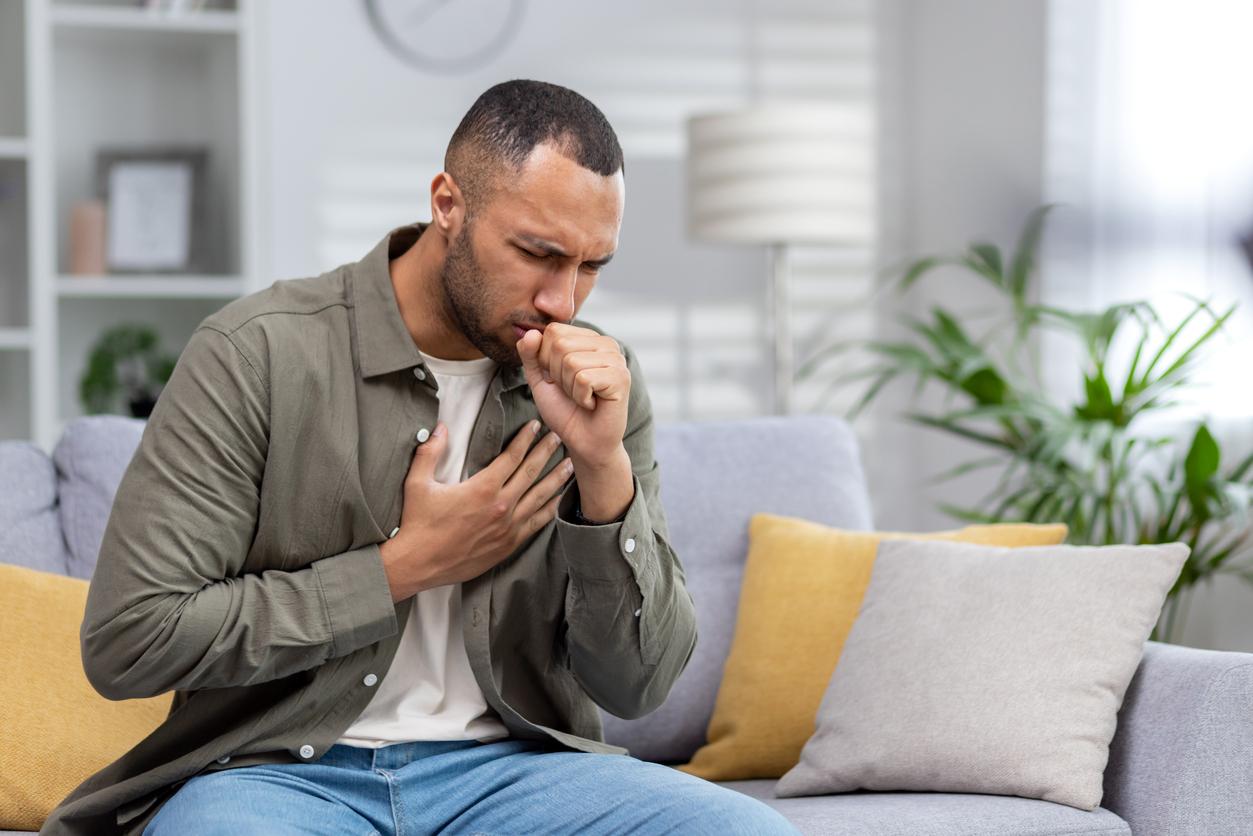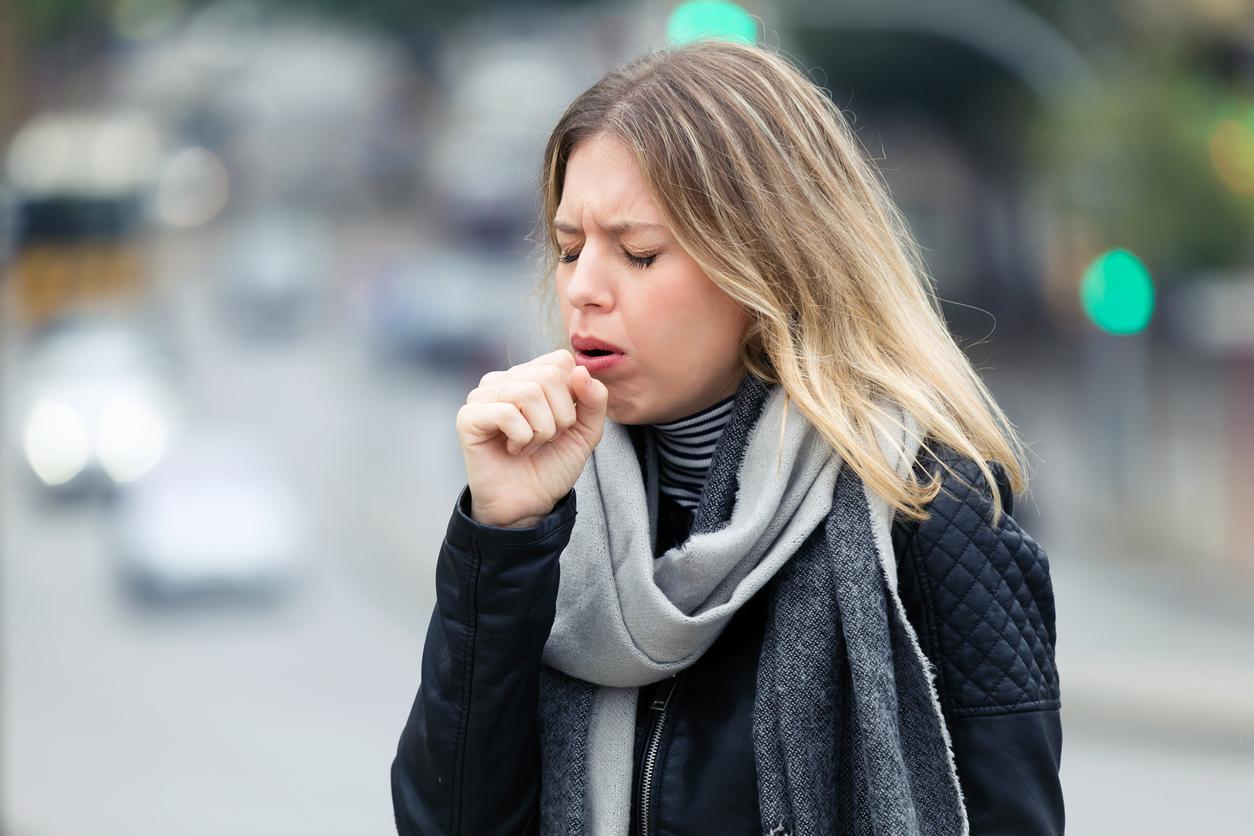What are infants at risk?
According to data from the Renacoq network (pertussis surveillance hospital network), around 200 infants under the age of 6 months on average are hospitalized each year for whooping cough. 30% of them need resuscitation. Babies less than a month old pay the heaviest price for the disease, especially if they are premature. From 1 to 10 deaths are still recorded annually.
Is it different in babies over a year old?
At this age, the disease loses its seriousness but can remain disabling. Often the cough persists for months, with tiring nocturnal episodes and attacks of vomiting. After confirming the diagnosis, the doctor will prescribe specific antibiotics as well as to the whole family.
How does the disease manifest itself?
It begins with a runny nose, possibly with moderate fever. Then the cough appears, in the form of violent, repeated fits, more frequent at night. Vomiting may occur. At the end of the crisis, the resumption of breathing is accompanied by a high-pitched sound, close to that of the rooster crowing. These demonstrations last for several weeks.
How is contamination carried out?
Often by adults. Gradually, cases of whooping cough have been observed in adolescents and young adults, as many former vaccinees having lost their immunity, in the absence of subsequent boosters. It is these same people, mainly parents, who mainly infect babies under 2 months, not yet vaccinated, with very serious consequences.
Even if the vaccination has taken place, you should know that its protective effect is only 30% at the first dose, reaching almost 90% at 11 months.
How to avoid it?
In 2004, the so-called “cocooning” strategy was put in place. The idea was to vaccinate the close entourage (parents, siblings) of the infant to better protect him. Four years later, vaccination was extended to adults who had plans to have a child, to anyone who may be in contact with a baby, as well as to those who had not received boosters for ten years. years.
Are the recommendations followed?
It is estimated that around 40% of parents of young children have received a pertussis vaccine. During their stay in the maternity ward, young mothers are strongly encouraged to do so by the midwives who now have the possibility of vaccinating them. However, this remains insufficient. Neighboring countries, such as Great Britain, advocate a vaccination during pregnancy. With a double advantage: the mother-to-be is immune and can transmit antibodies to her baby to protect him during the first months of life. This solution has not been adopted in France for the moment.
Read also :
Whooping cough: soon a vaccine in the form of a patch?
Whooping cough: the bacteria are mutating
















